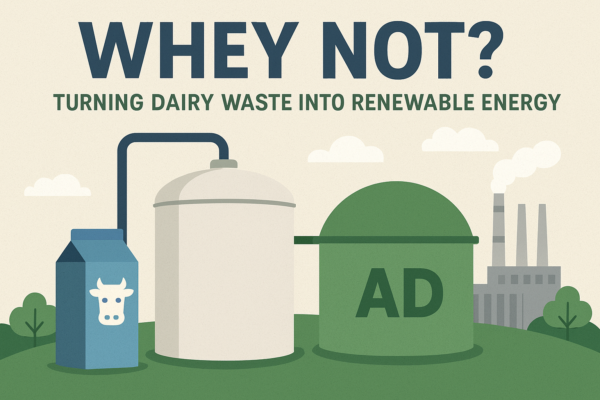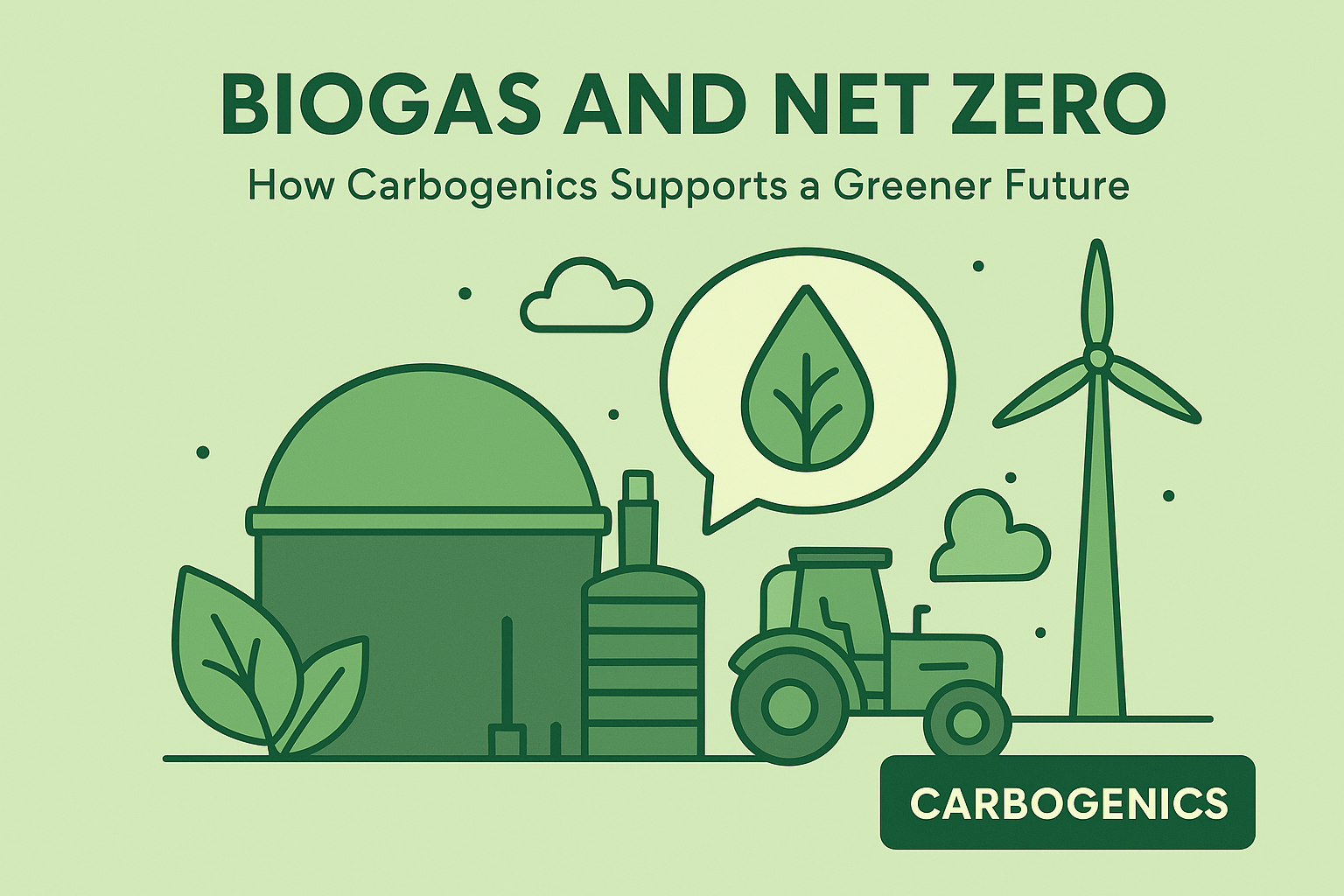The integration of biochar into these materials can significantly impact the efficiency and output of biogas production. This article explores how biochar affects silage and slurry in the context of anaerobic digestion, highlighting the benefits and underlying mechanisms.
Choosing the right biochar
Biochars can vary widely in their ability to enhance the AD system depending on the feedstock and process parameters. CreChar has been specifically designed to work in harmony with AD microbiology by optimising surface area, composition and electrochemical properties to make it a viable product at industrial scale.
Enhancing Methane Production
One of the most notable effects of biochar on silage and slurry is the enhancement of methane production. When biochar is added to the anaerobic digestion process, it acts as a catalyst, improving the breakdown of organic matter and boosting methane yields. For instance, laboratory studies (ref Needed) have show that in two-stage anaerobic digesters, a 10 g/L biochar supplement can achieve a methane yield of 253 L/kg volatile solids (VS), This yield is significantly higher than that of digesters without biochar, demonstrating a 24% increase in methane production. While this is a high dosage, Carbogenics have shown that a significantly lower dose at industrial scale ( conducted by Carbogenics) can improve biogas production and methane yield by up to 10%.
Improved Hydrolysis and Acidification
Biochar positively influences the hydrolysis and acidification stages of anaerobic digestion. These stages are crucial for breaking down complex organic compounds, such as lignin, into simpler molecules that microorganisms can further degrade to produce methane. Carbogenics engineered for AD Biochar- CreChar promotes the accumulation of volatile fatty acids (VFAs) in the initial stage of digestion, indicating more efficient breakdown of organic matter. This enhanced hydrolysis and acidification process sets the stage for increased biogas production in subsequent stages.
Electrochemical Properties and Microbial Activity
Biochar’s porous structure and high surface area provide a conducive environment for microbial colonisation and activity. CreChar is designed and produced at high temperature to enhance e unique electrochemical properties that play a vital role in enhancing the anaerobic digestion of silage and slurry. This environment supports direct interspecies electron transfer (DIET), a process where electrons are transferred directly between microorganisms in close contact, facilitating more efficient methane production. With biochar direct contact is not required making the process more efficient.
However, while increasing biochar dosage can enhance the electrochemical properties of the digester content, it does not always correspond to the highest biomethane yields. This suggests that factors other than electrochemical properties, such as the availability of nutrients and the balance of microbial communities, also influence biomethane production. Therefore, Carbogenics worked in the lab and at full scale to understand the optimal dosing for diverse AD operations taking under consideration unique settings making sure to maximise output and stay price competitive compare to other chemical additives.
Correlation with substances produced by bacteria
Increased production of substances, such as polysaccharides and proteins, by the microbes, in combination with biochar is strongly correlated with biomethane yields in anaerobic digestion. The network helps stabilise microbial communities and facilitates electron transfer within the digester.
Practical Implications for Farmers
For farmers, the addition of biochar to silage and slurry AD systems offers several practical benefits. Enhanced methane production translates to increased biogas yields, providing a more efficient and sustainable energy source. Additionally, the improved digestion process can lead to better quality digestate, reducing the environmental impact of slurry and silage waste.
Biochar also helps stabilise the anaerobic digestion process, making it more resilient to fluctuations in feedstock quality and environmental conditions. This stability is particularly important in agricultural settings, where variations in crop yield and livestock waste can affect the consistency of biogas production.
Conclusion
Biochar significantly enhances the anaerobic digestion of silage and slurry by improving methane production, supporting hydrolysis and acidification, and promoting microbial activity through its unique electrochemical properties. Its interaction with extracellular polymeric substances further boosts the efficiency of the methanogenesis process. For farmers, incorporating biochar into silage and slurry management can lead to more sustainable and efficient biogas production, contributing to renewable energy generation and better waste management practices.
___
What is CreChar®?
Our flagship product CreChar® is a functional and sustainable carbon material known as biochar, with numerous applications in industry and agriculture.
With its large surface area and its unique chemical composition, CreChar® can stabilise biological performance and regulate pH in anaerobic digestion and wastewater treatment plants. It also has the potential to create ideal growth conditions for functional and process-enhancing microorganisms that digest organic waste.
Thanks to these properties, CreChar® increases the stability and efficiency of anaerobic digestion and wastewater treatment processes. The increased efficiency means that an anaerobic digestion plant can produce around 10% more biogas from the same amount of feedstock or maintain its output using less feedstock.
To discuss how CreChar® can support your Anaerobic Digestion plant, reach out to us at lidia.krzynowek@carbogenics.com or david.vaughan@carbogenics.com




